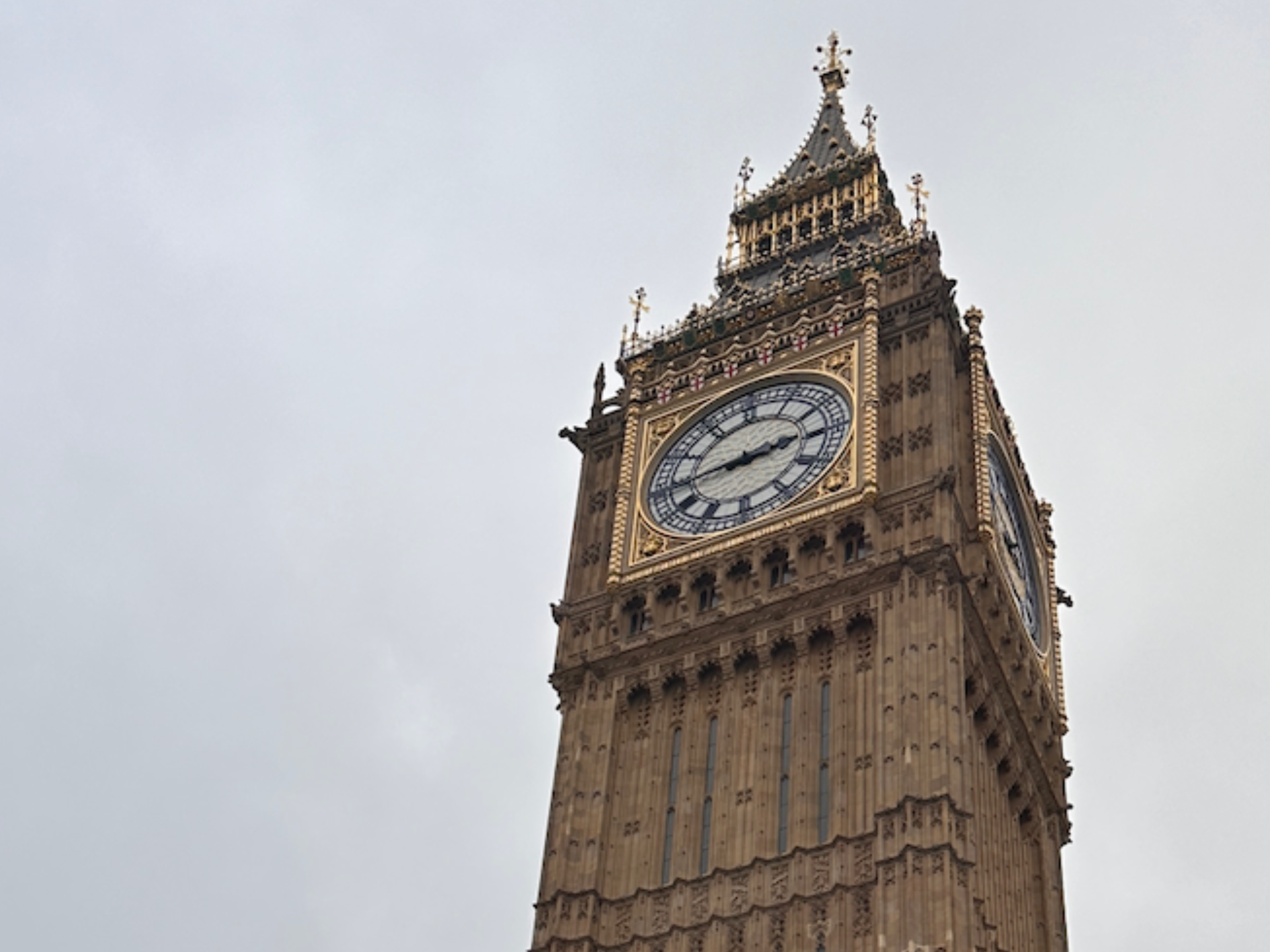Throughout the application process to study abroad, the question of keeping in touch with my friends, family, and life back home was always on my mind. How could I make sure I wasn’t missing something important? How do I keep up with my weekly Sunday chats with my parents? How do I keep in touch with my roommate back home? Not to mention, how would I get in touch with people I met across the pond?
International cell phone plans are expensive, and adding roaming data and such got really confusing–really fast. Initially, I planned on using WhatsApp to communicate with those back home and those I met at school, but it quickly became unrealistic. The app only works on WiFi or data, which I wouldn’t have without an international plan. To make matters worse, my iPhone 14 Max is only compatible with eSIM cards, so I couldn’t just swap it out for a local SIM (in my case, a UK number) to get a local plan and number.
After weeks of research and finally landing in the UK, I found it essential to have communication that wasn’t reliant on a US carrier or WiFi. As days passed and I met others from GW, the US, and the rest of the World, they had already figured out what to do with their SIM card. At least three stores or vending machines at London Heathrow Airport claimed to sell SIM cards for good deals, but none of them had eSIM options. I worried the month-by-month international plan wouldn’t be enough, especially without a UK number. It turned out that the UK number was crucial for ordering food delivery, accessing student discounts like a TOTUM card, and other essential things such as online shopping, in some cases. After I slept off the jet lag, I did some investigating on the Apple website and every study abroad blogger I could find…and hit multiple dead ends.
At the first orientation event put on by my host university, King’s College London, they gave out free tote bags and UK SIM cards! I grabbed one of the SIM cards even though I knew my phone didn’t take a physical SIM card because I had read about that company online. The company, GiffGaff, allows you to order free SIM cards, but it also allows you to convert your physical SIM card to eSIM. This is precisely what I did to gain a UK number and data plan without a contract! I used the free SIM card, registered it (for free), then converted it to eSIM (for free, don’t worry, didn’t even need to insert it), and got to pick my plan–pay as you go, month-by-month, or contract. I could get unlimited talk and text and 20GB of monthly data for £10 a month–much cheaper than the 15GB for $50 through T-Mobile. It also works throughout the EU–for travel throughout the semester, and the app lets you track how much data you have remaining and add more to your plan easily. In addition, you can now sign up for student discounts and local delivery–an essential for anyone living in rainy London. The final piece to the puzzle was ensuring I didn’t lose my US number while abroad. Apple introduced Dual SIM capability, which means I can simultaneously have both my US and UK SIM cards. This way I can accept calls and texts on both numbers so I don’t lose communication.
GiffGaff, Dual SIMs, and eSIMs make things easier when done right. With no guidance, it was a monumental task to figure out what was best, but hopefully, this offers some insight into a great option for a few months abroad.
Lauren Mccutcheon
Spring 2024
GW England - King's College London (GW Study Program)
Milken Institute School of Public Health
Public Health Major


